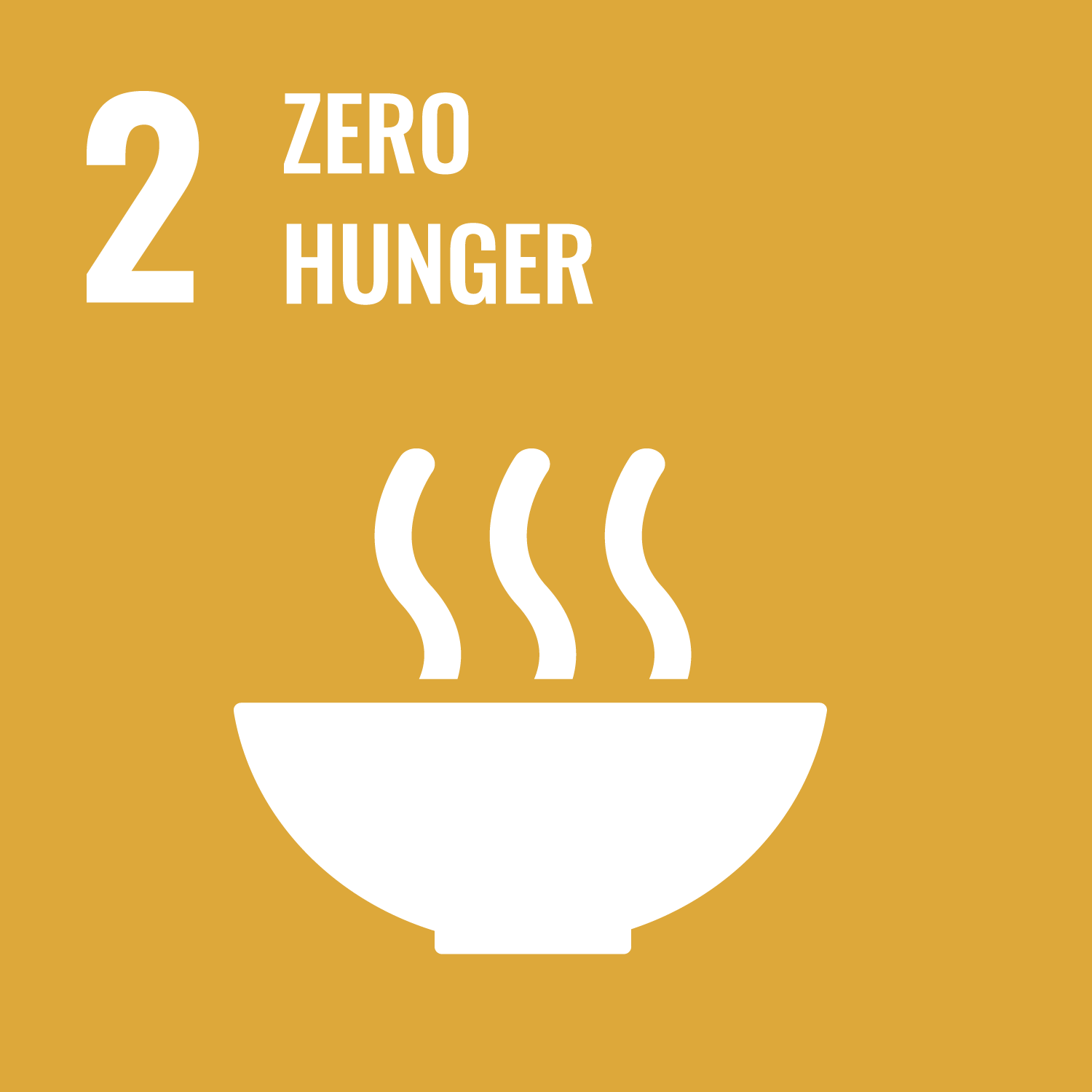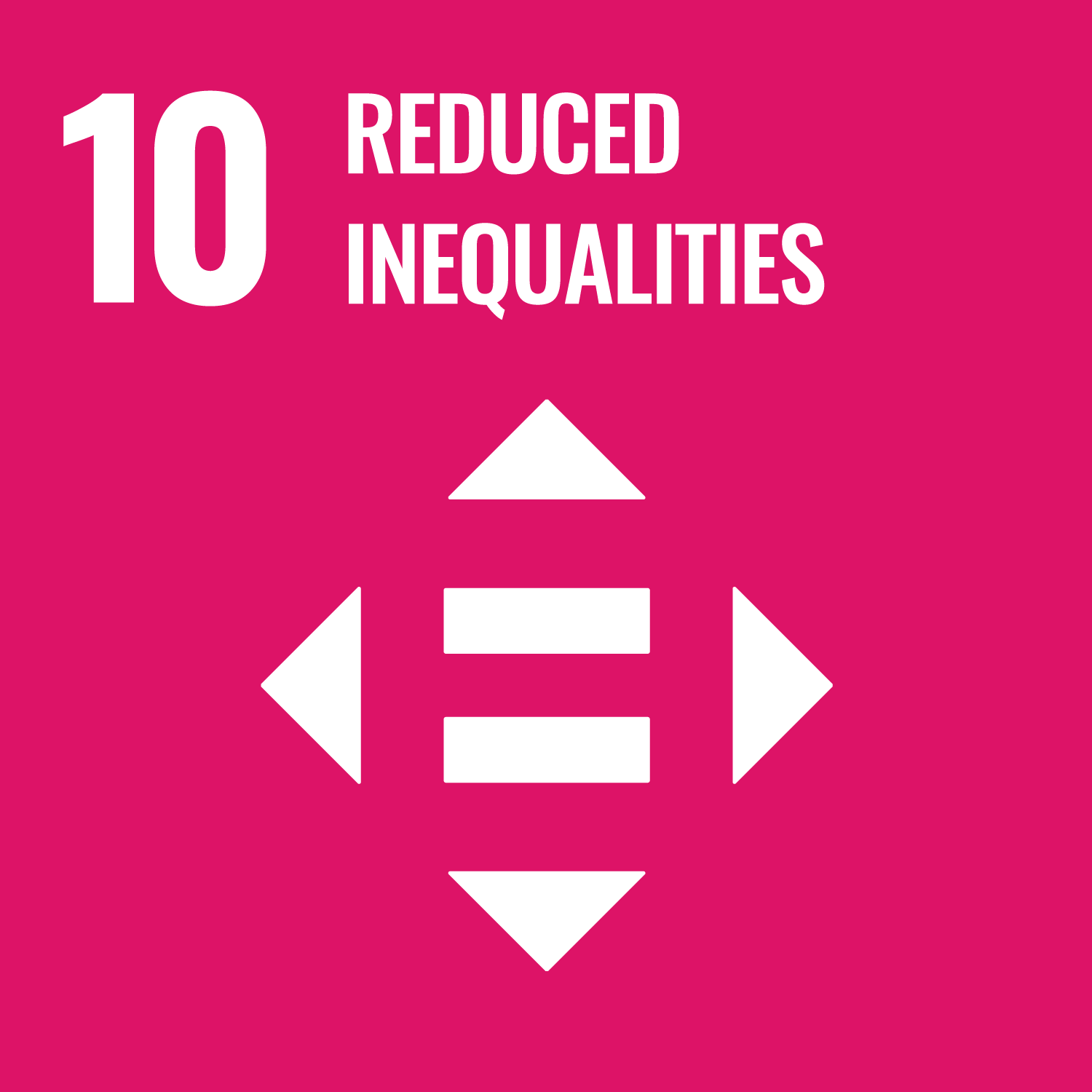Boyle, N.B. orcid.org/0000-0002-0604-4712 and Power, M. orcid.org/0000-0002-9571-1782 (2023) Proxy longitudinal indicators of household food insecurity in the UK. Emerald Open Research, 1 (10). ISSN 2631-3952
Abstract
Background: Rising food bank usage in the UK suggests a growing prevalence of food insecurity. However, a formalised, representative measure of food insecurity was not collected in the UK until 2019, over a decade after the initial proliferation of food bank demand. In the absence of a direct measure of food insecurity, this article identifies and summarises longitudinal proxy indicators of UK food insecurity to gain insight into the growth of insecure access to food in the 21st century.
Methods: A rapid evidence synthesis of academic and grey literature (2005–present) identified candidate proxy longitudinal markers of food insecurity. These were assessed to gain insight into the prevalence of, or conditions associated with, food insecurity.
Results: Food bank data clearly demonstrates increased food insecurity. However, this data reflects an unrepresentative, fractional proportion of the food insecure population without accounting for mild/moderate insecurity, or those in need not accessing provision. Economic indicators demonstrate that a period of poor overall UK growth since 2005 has disproportionately impacted the poorest households, likely increasing vulnerability and incidence of food insecurity. This vulnerability has been exacerbated by welfare reform for some households. The COVID-19 pandemic has dramatically intensified vulnerabilities and food insecurity. Diet-related health outcomes suggest a reduction in diet quantity/quality. The causes of diet-related disease are complex and diverse; however, evidence of socio-economic inequalities in their incidence suggests poverty, and by extension, food insecurity, as key determinants.
Conclusion: Proxy measures of food insecurity suggest a significant increase since 2005, particularly for severe food insecurity. Proxy measures are inadequate to robustly assess the prevalence of food insecurity in the UK. Failure to collect standardised, representative data at the point at which food bank usage increased significantly impairs attempts to determine the full prevalence of food insecurity, understand the causes, and identify those most at risk.
Metadata
| Item Type: | Article |
|---|---|
| Authors/Creators: |
|
| Copyright, Publisher and Additional Information: | © 2021 Boyle, N.B. and Power, M. This is an open access article distributed under the terms of the Creative Commons Attribution Licence (https://creativecommons.org/licenses/by/4.0/), which permits unrestricted use, distribution, and reproduction in any medium, provided the original work is properly cited. |
| Keywords: | Food insecurity; food banks; poverty; malnutrition; longitudinal data |
| Dates: |
|
| Institution: | The University of Sheffield |
| Academic Units: | The University of Sheffield > Faculty of Science (Sheffield) > Department of Psychology (Sheffield) |
| Depositing User: | Symplectic Sheffield |
| Date Deposited: | 29 Nov 2024 12:30 |
| Last Modified: | 29 Nov 2024 12:30 |
| Status: | Published |
| Publisher: | Emerald |
| Refereed: | Yes |
| Identification Number: | 10.35241/emeraldopenres.14311.1 |
| Sustainable Development Goals: | |
| Open Archives Initiative ID (OAI ID): | oai:eprints.whiterose.ac.uk:220180 |



 CORE (COnnecting REpositories)
CORE (COnnecting REpositories) CORE (COnnecting REpositories)
CORE (COnnecting REpositories)